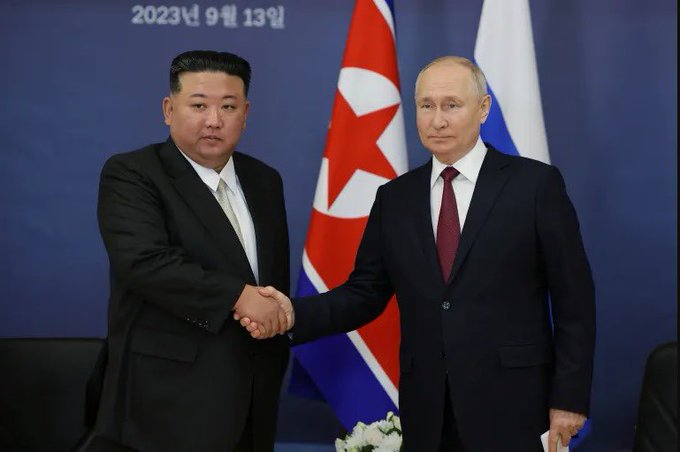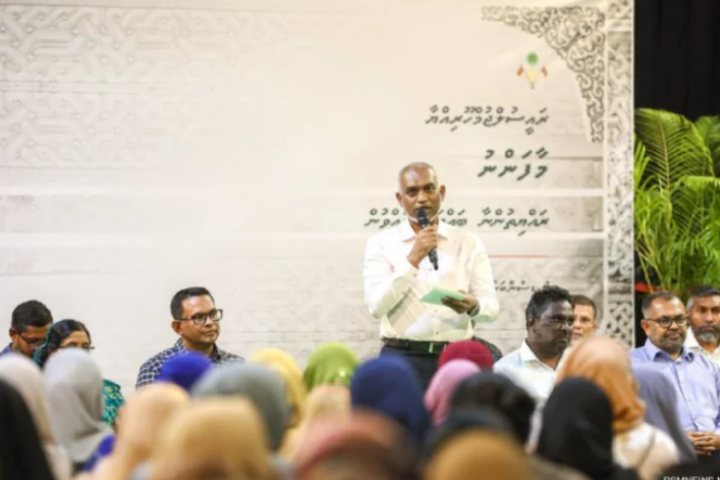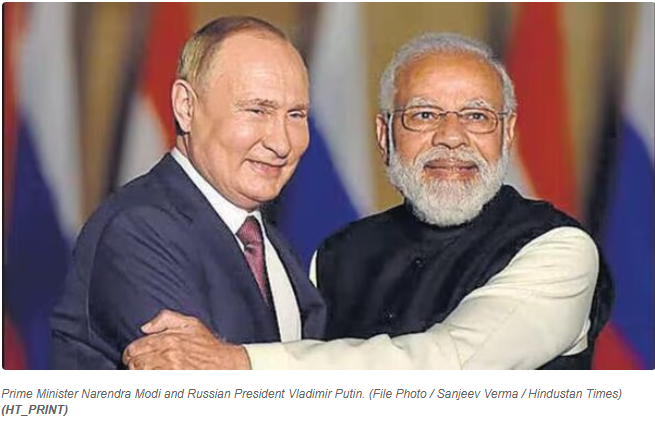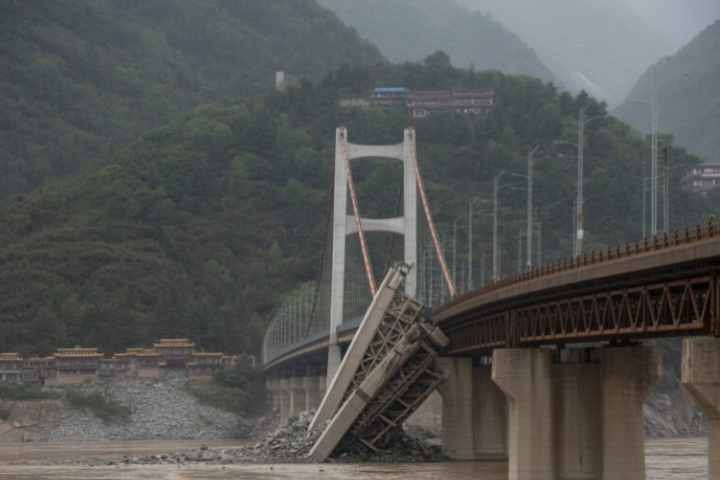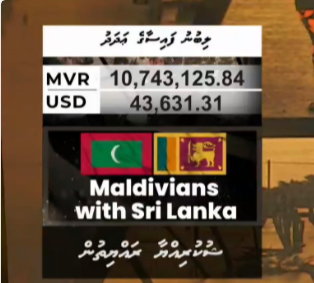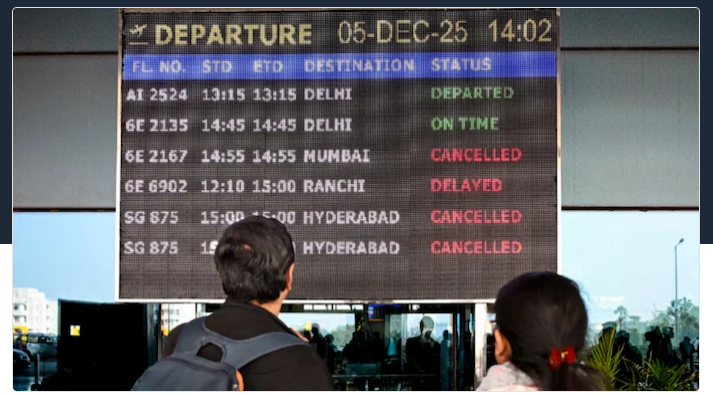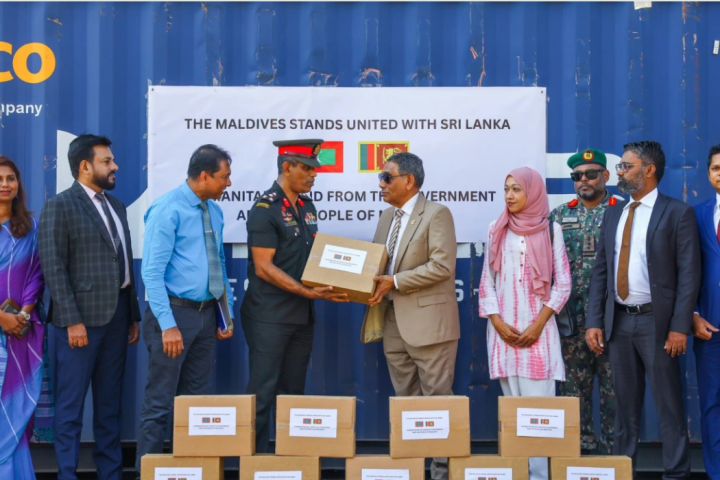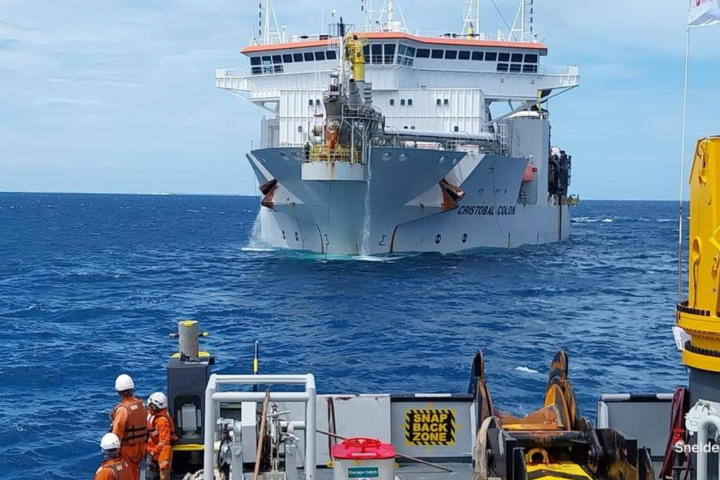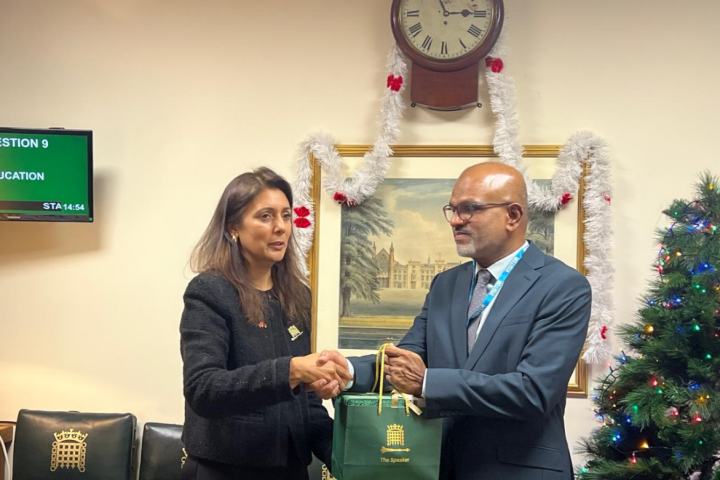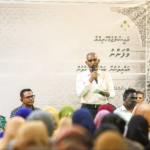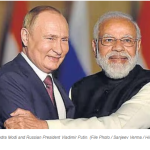In a world already on edge, Russian President Vladimir Putin’s state visit to North Korea has sparked both hopes for peace and fears of escalated tensions, further amplifying the already volatile global landscape. The meeting between Putin and North Korean leader Kim Jong-un comes at a time when both nations are grappling with heavy international sanctions, heightening fears of a new alliance of isolated, heavily militarized states.
Former President Mohamed Nasheed recently voiced his concerns in an X post about the global situation, warning of a world teetering on the brink of catastrophe. “Major powers are planning conscription, military spending is skyrocketing, an arms race is underway, populists are winning, and anti-immigration and racism are on the rise,” Nasheed said, capturing the unease felt by many. “Unless cooler heads prevail, I fear we are heading towards WWIII… and that’s not to mention climate heating.”
The visit marks a significant moment in international relations. North Korea, under stringent sanctions for its nuclear program, and Russia, facing economic sanctions from the West due to its actions in Ukraine, are being increasingly isolated by the Western powers. This meeting suggests a strategic partnership that could shift the balance of power, particularly in Asia.
Military analysts speculate that the discussions between Putin and Kim could lead to an exchange of resources and technology. North Korea, with its advanced missile capabilities, and Russia, with its vast military and energy resources, could support each other in ways that might circumvent international sanctions. This potential alliance could embolden both nations, posing an even greater diplomatic challenge for the West.
The implications of this visit are far-reaching. For the United States and its allies, a closer relationship between Russia and North Korea presents a significant diplomatic concern. It complicates efforts to manage North Korea’s nuclear ambitions and undermines the sanctions regime aimed at Russian action in Ukraine. Moreover, it signals to other sanctioned states, like Iran, that defiance and strategic alliances can sustain them against Western pressure.
The world is witnessing a dangerous reconfiguration of alliances. In Europe, populist movements are gaining ground, fueled by Islamophobic anti-immigration sentiments and economic frustrations. In Asia, nations are ramping up military spending, wary of China’s growing influence and now, potentially, a Russia-North Korea alliance.
Economic pressures are also escalating. As nations pour money into defense, social programs and climate initiatives suffer. The global economic disparity widens, fueling more populism and Islamophobic xenophobia.
Nasheed’s warning about an impending World War III might seem alarmist to some, but the signs of escalating conflict are hard to ignore. In an era where elections are won by demagogues, democracies are being trampled, and electoral integrity is being compromised, the world is at a crossroads. Cooler heads must indeed prevail, or we may face a future marked by widespread conflict and suffering.
In this fragile global environment, diplomacy and strategic patience are crucial. The international community must find ways to engage with state actors and isolated governments, addressing the underlying causes of their defiance while maintaining a firm stance against aggression, including confronting instances of genocide and political aggression. The alternative—a world spiraling into war and division—remains a terrifying possibility.
